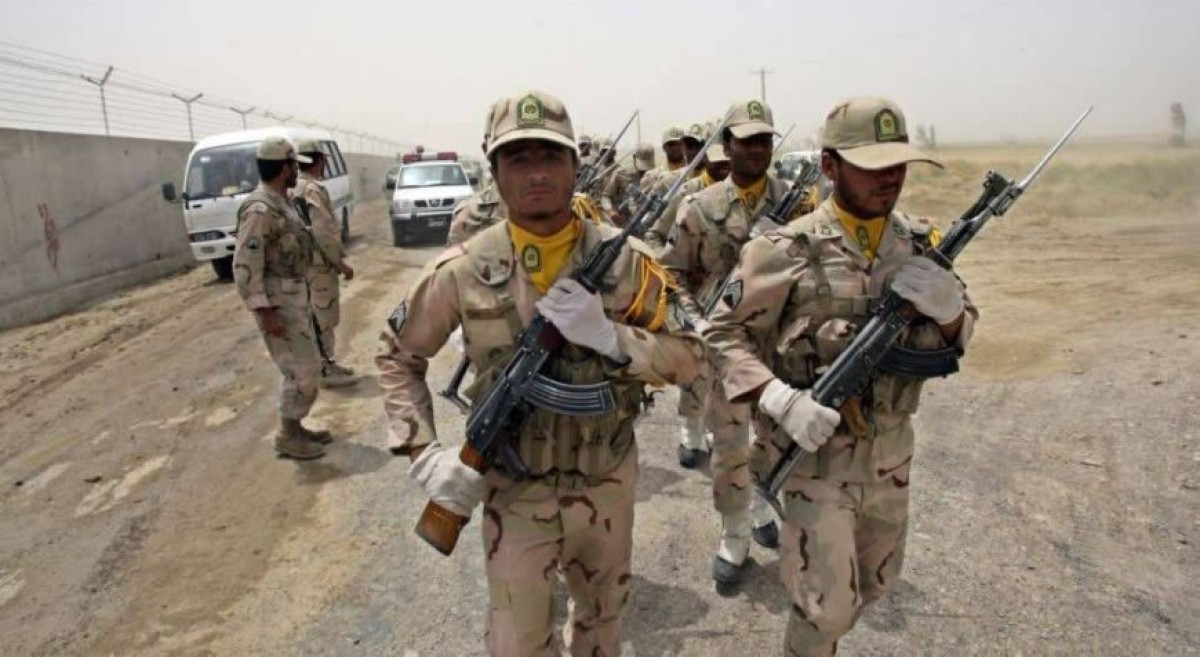 1690
1690
Western-Backed Terrorism Shadow Over Iran: A Close Examination of Recent Terrorist Attack in Eastern Iran
Western-Backed Terrorism Shadow Over Iran: A Close Examination of Recent Terrorist Attack in Eastern Iran
By: A. Yeganeh
The city of Rask in the Sistan and Baluchistan province has been a recurrent target of terrorist activities in recent months, shedding light on the intricate web of security challenges facing the region. The recent confluence of events in Rask, notably the assault by the Jaish al-Adl terrorist group resulting in the tragic loss of Iranian security personnel, juxtaposed with the Zionist regime's brazen attack on the Iranian consulate in Syria, underscores the complex nature of terrorism in Rask.
Situated along the expansive borders with Pakistan and Afghanistan, Sistan and Baluchistan emerges as a security hotspot for Iran, witnessing a spate of terrorist assaults over the past few months. However, delving into the recent terrorist incident in Rask demands a nuanced perspective beyond solely a security lens; a holistic approach is imperative.
The Israeli regime's strategic maneuvering, punctuated by provocations against the Iran-led Axis of Resistance in preceding months, culminating in the audacious attack on the Iranian consulate in Damascus, raises concerns about transgressing international red lines. Tehran, in a bid to maintain its military deterrence, faces a pivotal juncture in countering the Israeli regime's escalating warmongering.
The orchestrated assault on Rask not only inflicted a tragic toll on Iranian security forces but also diverted attention, potentially enabling the Zionist regime to fortify its military readiness against Iran. This strategic window, exacerbated by internal disturbances fueled by external influences, underscores the urgency for the Islamic Republic of Iran to recalibrate its response strategy.
The subversion of Iran's transportation networks, exemplified by attempts to disrupt the Chabahar port super project, underscores a broader agenda to stifle Iran's international connectivity. By sowing discord and insecurity in the region, vested interests seek to impede Iran's economic progress and jeopardize collaborative ventures with Eastern partners, as articulated by Jaish al-Adl's mercenaries.
Moreover, the role of Pakistan in the regional dynamics cannot be overlooked. Western security agencies, with a calculated agenda, aim to sow discord between Iran and Pakistan by leveraging terrorist proxies along their shared borders. By fomenting mistrust and instigating hostilities, these agencies seek to undermine the cooperative ties between the two nations, thereby weakening the Eastern axis.
In essence, the intricate machinations orchestrated by the Western axis pose a grave threat to Iran's stability and the resilience of the resistance axis. The vulnerability of Eastern Iran to terrorist elements, exacerbated by economic disparities, imperils Iran's strategic ambitions to emerge as a formidable power. The strategic significance of key transportation arteries, notably the Chabahar Port super project, as a conduit for China and India's access to Europe, underscores Iran's aspiration to attract international investments and bolster its economic prospects in the region.
As Iran navigates these tumultuous waters, safeguarding its eastern frontiers and fostering economic growth stand as imperatives for securing its future trajectory. The onus lies on Iran to thwart Israeli-NATO machinations and fortify its strategic partnerships to counter the multifaceted threats emanating from the Western bloc.
 1690
1690
Comment
Post a comment for this article